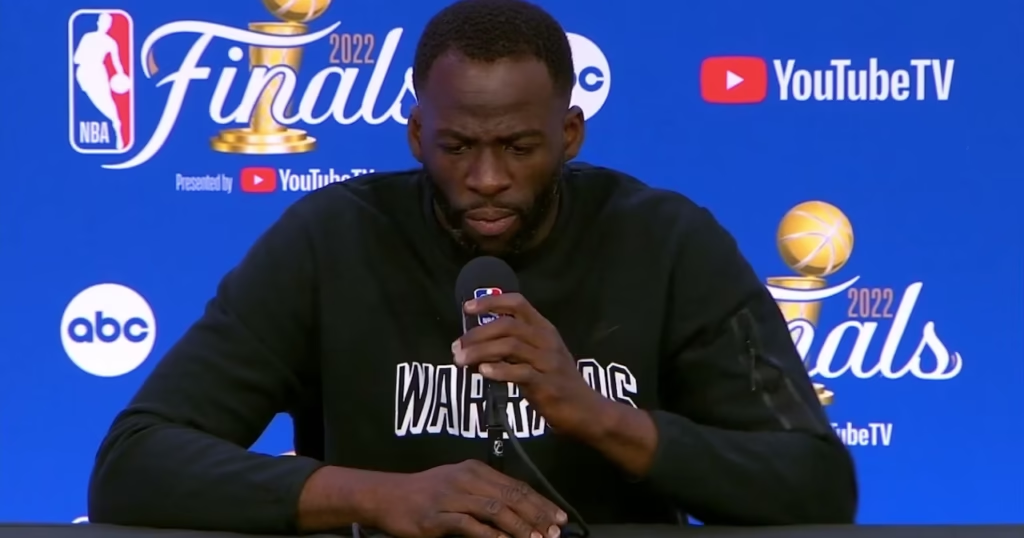
Draymond Green is no stranger to noise. As the vocal backbone of the Golden State Warriors’ dynasty, he’s made a career out of being unapologetically himself—whether it’s diving for a loose ball, barking defensive coverages, or speaking his truth in front of a microphone. But in recent years, Green’s influence has extended far beyond the hardwood. He’s emerged as one of the leading voices in the “new media” movement—a growing trend of athletes reclaiming their narratives, breaking down the game with insight only insiders can offer, and challenging the conventions of sports commentary.
Still, not everyone’s been quick to embrace the shift.
“People usually give you a hard time when you’re having success. No one gives somebody a hard time when they’re unsuccessful,” Green said, addressing the frequent criticism he receives—especially from traditional media voices and retired players, often referred to as “old heads.”
And make no mistake: Draymond’s had plenty of success. Four NBA championships. A Defensive Player of the Year award. Countless clutch performances. Now, with The Draymond Green Show, he’s adding media mogul to his already-decorated résumé. But unlike traditional broadcasters who built their careers from press boxes and studios, Green’s media presence is rooted in real-time experience, peer relationships, and an intimate knowledge of the league that only a current player can provide.
Rewriting the Rules
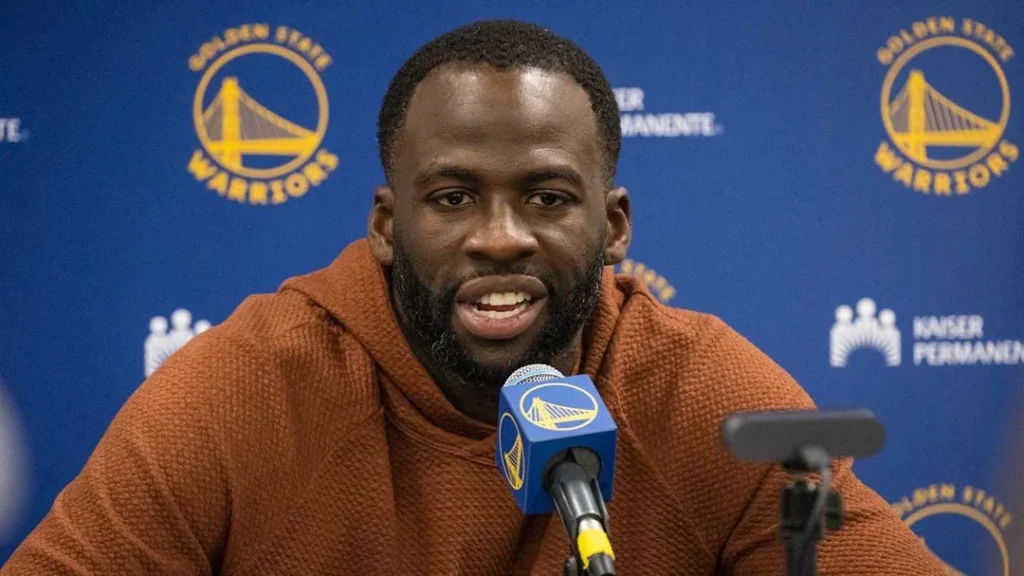
To Green, this isn’t just a podcast or a side hustle—it’s a platform with purpose. A movement, even.
“The new media means to me means explaining the game of basketball, teaching the game of basketball, really talking from a place of basketball knowledge and not just saying things and outlandish statements to start controversy,” Green said. “And understanding that it’s ok to give guys flowers while they still can smell them; it’s okay to say someone is great and not try to tear someone down. It’s okay. But ultimately understanding that when you speak, it should be built on BASKETBALL KNOWLEDGE and not controversy.”
That mindset is a direct contrast to what Green views as a flaw in traditional sports talk culture: an overreliance on hot takes, negative narratives, and inflammatory opinions designed more to trend on social media than to enlighten audiences. Whether it’s questioning a star player’s legacy after one bad game or pitting teammates against each other with speculative drama, the old formula doesn’t sit well with today’s players—especially those like Draymond, who know how much nuance gets lost in the noise.
Athlete as Analyst
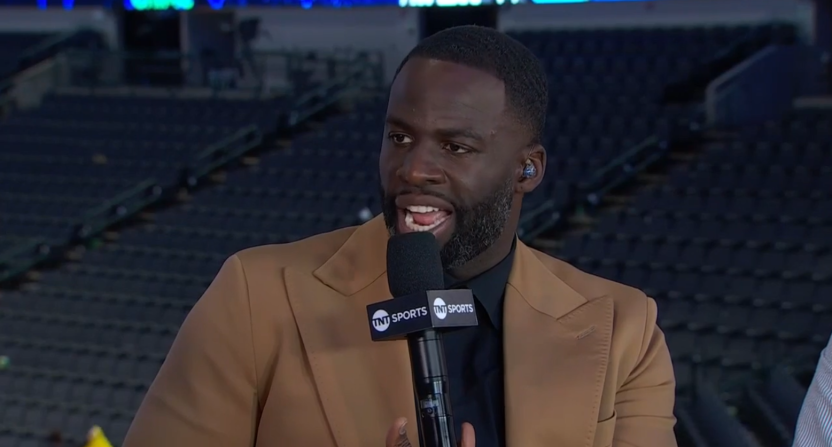
Green’s approach reflects a broader shift in the sports world, where players are becoming media creators, analysts, and storytellers in their own right. From JJ Redick’s breakdowns during his time at ESPN to Paul George’s Podcast P to Kevin Durant’s Boardroom empire, athletes are leveraging their platforms not just to speak, but to educate, elevate, and empower.
And it’s resonating.
Fans today crave more than just box scores and debate shows—they want context, authenticity, and behind-the-scenes access. Draymond delivers all of that, with a trademark blend of unfiltered honesty and high basketball IQ. He’ll break down why a defensive rotation failed, call out a lack of effort on a possession, and then turn around and praise a young player for a smart read most people missed. His commentary isn’t just colorful—it’s deeply rooted in the fabric of the game.
That’s what separates the new media from the old. It’s not just about who has the mic—it’s about who has the insight.
Giving Flowers, Changing Culture
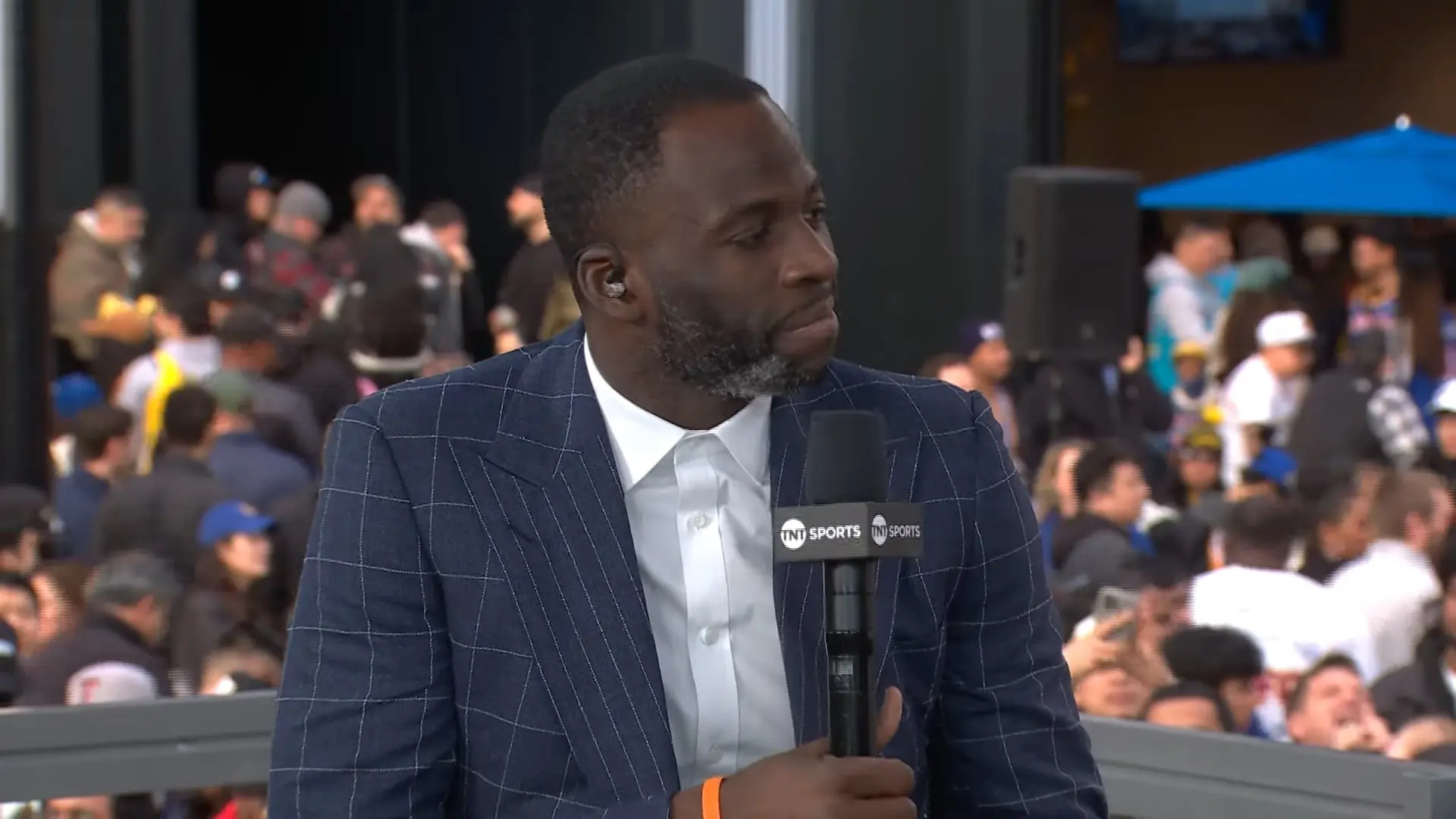
Perhaps one of the most powerful aspects of Green’s philosophy is his insistence on celebrating greatness while it’s happening. Too often, he argues, players aren’t appreciated until their careers are over. Legacy talk dominates headlines, and praise often comes with a caveat or a “but.”
Green wants to shift that energy.
“It’s okay to say someone is great and not try to tear someone down,” he said. “It’s okay.”
It’s a refreshing perspective in an industry that can often feel like a competition for who can criticize the loudest. For Green, giving someone their flowers doesn’t make you soft—it makes you real. And in a league built on mutual respect and competition, that authenticity matters.
The Future of the Game’s Conversation
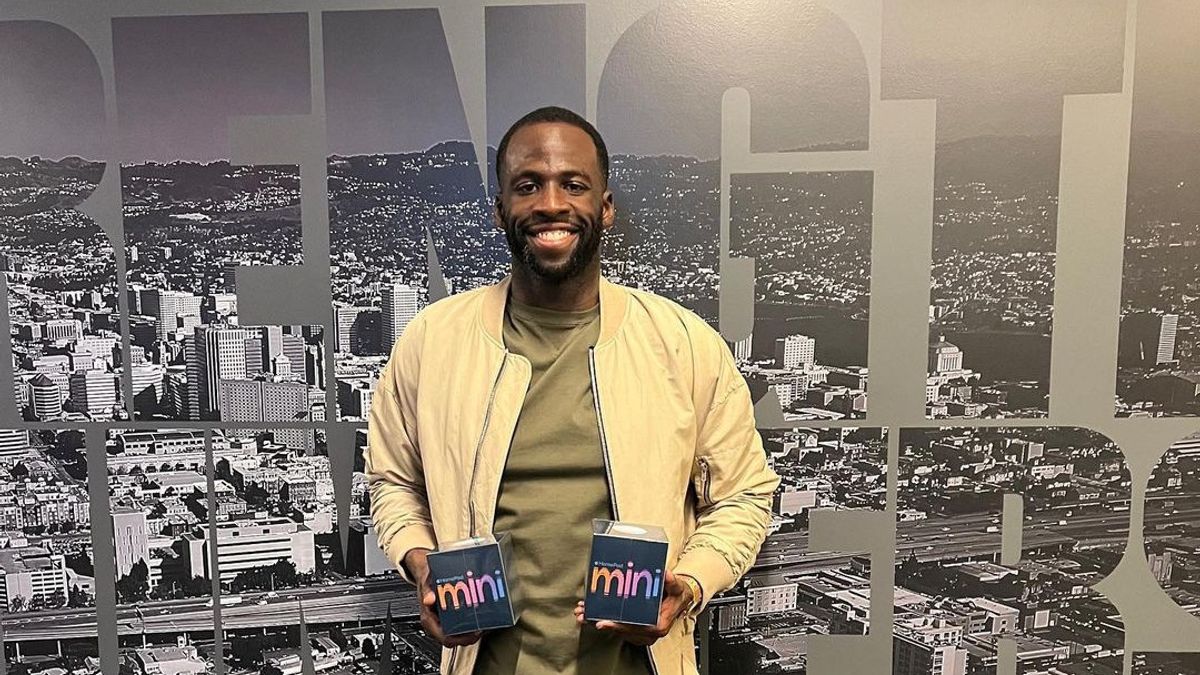
Draymond Green isn’t just challenging the way we talk about basketball—he’s redefining who gets to lead the conversation. He’s shown that media doesn’t have to be a retirement plan; it can be a real-time extension of a player’s career, a way to impact the culture even while the game is still being played.
And while the criticism might keep coming, Green doesn’t seem fazed. After all, as he put it himself: “No one gives somebody a hard time when they’re unsuccessful.”
In his case, the noise just confirms what he already knows: he’s making an impact. On the court. In the culture. And in the conversation.

